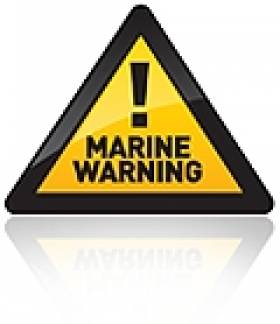Displaying items by tag: Atlantic swell
Full Moon Prompts Weekend Safety Warning
Spring Tides and an uncertain weather forecast can make this weekend more hazardous than usual.
Irish Water Safety is reminding boaters, sailors, surfers, divers and anglers that there is a full moon on Saturday so they need to be aware of spring tides for the weekend coupled with an uncertain weather forecast.
It is important to take a good weather forecast and to factor this in to their plans accordingly. In addition we wish to remind you of the shorter daylight hours and not to be too ambitious when passage planning over the weekend.
On average 153 people drown in Ireland each year so it is essential to wear suitable protective clothing and a properly serviced and fitted lifejacket when on the water and avoid taking unnecessary risks, especially taking alcohol or drugs as approximately 30% of all drowning victims will have consumed alcohol.
Anglers will be at risk and non nationals in particular should be extremely vigilant as the Atlantic swell is dramatically different to that experienced on the relatively calmer Baltic Sea to which many are accustomed.
It is essential that parents or responsible adults supervise their children at all time when near water.
Walkers should remain alert and stay well away from the edge of ordinarily familiar waterside pathways due to the risk of stranding as a result of the high tides.
Remember your lifeline in an emergency is 999 and 112 therefore carry a mobile phone and ask for the Marine Rescue.
If you discover missing or found Ringbuoys then log on to www.ringbuoys.ie to report them, remember, "a stolen ringbuoy is a stolen life"





























































